Occupational Safety Training for Vegetable Oil Production
99,000 ₫
Note: The above price is calculated per person and may vary depending on the number of participants in the course and market fluctuations. For more accurate pricing support, please refer to the price list or contact our consulting staff directly.
Occupational safety is an important issue in vegetable oil production factories and needs to be addressed promptly to ensure the health and safety of workers and enhance the reputation of businesses. The Occupational Safety Training course is one of the effective solutions to raise awareness of accident prevention for workers in vegetable oil production.
Table of Contents
Toggle1. Overview of Vegetable Oil
a. What is Vegetable Oil?
- Vegetable oil is a type of oil extracted from seeds, fruits, or the pulp of plants such as soybeans, wheat, sunflower, oil palm, rapeseed, coconut, cottonseed, olives, and many other crops.
- Vegetable oil is widely used in the food, pharmaceutical, personal care, and other industries. It is also used for cooking, frying, and food processing. In addition, vegetable oil is used as a raw material for producing biodiesel, an alternative fuel to petroleum diesel.
- According to statistics from the Ministry of Agriculture and Rural Development of Vietnam, Vietnam’s vegetable oil production in 2021 was estimated at approximately 1.8 million tons, showing significant growth in recent years.
- With government and related agencies’ attention, Vietnam’s vegetable oil industry is undergoing improvements to enhance productivity and product quality, creating favorable conditions for the future development of the sector.

b. Machinery for Vegetable Oil Production
The machinery used for vegetable oil production includes:
- Grinding Machine: used to crush seeds, fruits, or plant pulp to extract oil.
- Pressing Machine: used to press the crushed seeds to separate the oil.
- Filtering Machine: used to remove impurities and residue from the pressed oil.
- Extraction Machine: used to extract oil from seeds, fruits, or plant pulp by chemical methods.
- Processing Machine: used to process vegetable oil into other products such as butter, wax, cream, milk, and powder.
- Bottling Machine: used to fill bottles or containers with vegetable oil.
- Packaging Machine: used to package vegetable oil products into bags or pouches.
These machines are used throughout the vegetable oil production process, from raw material preparation to production and final packaging. The machinery can be manufactured domestically in Vietnam or imported from other countries.

c. Typical Vegetable Oil Manufacturers
In Vietnam, there are many vegetable oil manufacturers. Some notable companies include:
- Cai Lậy Vegetable Oil Joint Stock Company (CALOFIC): one of the largest vegetable oil producers in Vietnam, with key products such as soybean oil, sunflower oil, and rice bran oil.
- Tuong An One Member Limited Liability Vegetable Oil Company: specializes in producing premium vegetable oils such as olive oil, chia seed oil, flaxseed oil, rice bran oil, sunflower oil, and soybean oil.
- Hai Van One Member Limited Liability Vegetable Oil Company: produces high-quality vegetable oils including rice bran oil, sunflower oil, soybean oil, and rapeseed oil.
- Hanoi Vegetable Oil Limited Liability Company: produces high-quality vegetable oils such as olive oil, chia seed oil, flaxseed oil, and rapeseed oil.
- Cai Lan Vegetable Oil Joint Stock Company: produces vegetable oils such as soybean oil, sunflower oil, rice bran oil, and rapeseed oil.
These are some notable vegetable oil manufacturers in Vietnam. Many other companies also operate in this sector.
d. Specific Jobs in Vegetable Oil Production Plants
Group 1
- Executive Director, Deputy Executive Director, Department Heads in vegetable oil production plants.
Group 2
- Safety Officers: manage safety in the plant, design safety procedures, and supervise and enforce employees to comply with safe working procedures.
Group 3
- Raw Material Inspection and Preparation: employees check incoming seeds, fruits, or plant pulp to ensure quality standards and absence of contamination, then prepare the materials for production.
- Grinding and Pressing: employees use grinding and pressing machines to extract oil from plant materials, including crushing, pressing, and processing seeds, fruits, or pulp.
- Filtering: after oil extraction, employees use filtering machines to remove impurities to achieve clear, high-quality oil.
- Processing: employees use machines and techniques to process the oil into products such as butter, wax, cream, milk, and powder.
- Packaging: employees package the final products into bottles or jars, ensuring completeness and quality.
- Quality Inspection: employees check the product quality to ensure it meets standards and requirements.
Group 4
- Office work, support, sales, and marketing roles.
- Production management, quality management, human resource management, material management, financial and accounting management.
- Research and development of new products, designing packaging and product labels.

2. Overview of Occupational Safety Training for Vegetable Oil Production
This article focuses on Group 3 because Group 3 is directly involved in production and exposed to the highest occupational safety risks. For other groups, see here.
a. What is Group 3 Occupational Safety Training?
- Group 3 occupational safety training equips workers with awareness and methods to prevent occupational accidents.
- The training helps workers recognize and avoid hazards, reducing the risk of accidents during work.
REGISTER FOR OCCUPATIONAL SAFETY TRAINING SERVICE
b. Training Duration
Initial Safety Training
- Total training duration is at least 24 hours, including assessment time.
- 8 hours of theory on occupational safety policies and regulations.
- 8 hours of theory on basic occupational safety knowledge.
- 4 hours of theory on specialized training content.
- 2 hours of practical training on specialized content.
- 2 hours of final theory assessment.
Training centers may divide the sessions according to employee schedules, typically over 6 sessions in 3 days if continuous attendance is possible.
Periodic Safety Training
- Before the occupational safety card expires, employees must attend periodic training with a duration of at least 50% of the initial training.
Explanation: total periodic training time is at least 12 hours, including assessment. After completion and passing the test, workers will have their safety cards renewed.
c. Training Content
| No. | TRAINING CONTENT | TRAINING TIME (HOURS) | |||
| Total | Including | ||||
| Theory | Practice | Assessment | |||
| I | Occupational safety policies and regulations | 8 | 8 | 0 | 0 |
| 1 | Overview of occupational safety laws and regulations. | 6 | 6 | ||
| 2 | Standards and technical regulations on occupational safety. | 1 | 1 | ||
| 3 | Specific regulations of government agencies on safety when constructing, expanding, or renovating facilities, using and storing equipment, materials, and hazardous substances. | 1 | 1 | ||
| II | Basic occupational safety knowledge | 8 | 8 | 0 | 0 |
| 1 | Basic knowledge of hazards and harmful factors in the workplace. | 4 | 4 | ||
| 2 | Methods to improve working conditions. | 1 | 1 | ||
| 3 | Safety culture in production and business. | 1 | 1 | ||
| 4 | Rights and obligations of employers and employees; occupational safety policies; functions of safety officers. | 1 | 1 | ||
| 5 | Safety rules, signage, use of protective equipment; first aid and occupational disease prevention skills. | 1 | 1 | ||
| III | Specialized training content | 6 | 4 | 2 | 0 |
| Knowledge of machines, equipment, hazardous substances; risk analysis and safe operation procedures. | 6 | 4 | 2 | ||
| IV | Final safety assessment | 2 | 2 | 0 | 0 |
| Total | 24 | 22 | 2 | ||
See more training content of the 6 groups
d. Occupational Safety Card
After completing the training and passing the assessment, workers will be issued a Group 3 occupational safety card (commonly called a Group 3 occupational safety certificate).
The card displays the worker’s name, date of birth, job, and work environment, as well as training duration, red seal, and signature confirming completion.
According to Clause 2, Article 24, Decree 44/2016/ND-CP, there are two cases:
- If there is a labor contract between the employer and employee, the employer must sign, stamp, and validate the card after the employee completes Group 3 training and passes the test.
- If the worker is freelance or seasonal without a labor contract, the training unit must sign, stamp, and validate the card after the worker completes the training and passes the test.

3. Identifying Hazards in Vegetable Oil Production
Some hazards for workers operating vegetable oil production machines may include:
- Chemical hazards: During vegetable oil production, chemicals such as acids, lye, and cleaning agents may be used to process and clean raw materials. Exposure to these substances can cause skin irritation, dermatitis, difficulty breathing, headaches, or even respiratory problems.
- Physical hazards: Machinery and equipment used in vegetable oil production can pose physical dangers such as collisions, cuts, punctures, crushing, slips, or burns. Workers must ensure safety and use protective equipment to prevent occupational accidents.
- Fire and explosion hazards: Vegetable oil production may require flammable chemicals, creating a high risk of fire or explosion. Raw materials and products may be stored in large tanks, and the use of mechanical equipment can produce sparks. Therefore, workers need training on safety and fire prevention plans.
- Toxic hazards: Harmful gases such as carbon dioxide, carbon monoxide, sulfur dioxide, nitrogen oxides, and dust particles may be generated during vegetable oil production. These gases and particles can cause health issues like difficulty breathing, headaches, or chemical toxicity.
- Electric shock hazards: If electrical equipment in the factory is not regularly maintained or properly insulated and waterproofed, it can pose an electric shock risk to workers during production.
4. Common Occupational Accidents in Vegetable Oil Production
Vegetable oil production is an industry with numerous risks related to occupational accidents, especially when operating large machinery and equipment. Common accidents include:
- Machinery and equipment accidents: Machines in vegetable oil factories can cause severe occupational accidents, such as entrapment, crushing, cuts, or collisions with moving objects, potentially injuring or killing workers.
- Chemical accidents: Chemicals used in vegetable oil production can cause serious accidents, such as burns or fires, if not used and stored properly.
- Electrical accidents: The use of multiple electrical sources and equipment during production can lead to serious accidents if operated incorrectly.
- Accidents due to inattention or lack of experience: Untrained or inexperienced workers may cause accidents by using equipment improperly or failing to follow safe working procedures.
5. Safety Measures for Participating in Vegetable Oil Production
To ensure safety for yourself and others during vegetable oil production, the following measures should be followed:
- Workers must wear full protective equipment, including helmets, safety goggles, masks, gloves, safety shoes, and protective coats.
- Factories must have safety procedures to ensure machinery and equipment are operated safely and occupational accidents are prevented.
- Protective devices should be used, including guards on machinery, to prevent workplace accidents.
- Chemicals should be handled properly to maintain personal and workplace safety and avoid burns, fires, or explosions.
- Workers should receive occupational safety training to understand potential hazards and know how to respond in emergencies.
- Regular maintenance of machinery, equipment, and systems is necessary to prevent unexpected incidents.
- Regular safety inspections ensure that safety measures are implemented correctly and effectively.
- Periodic workplace environmental monitoring should be conducted to collect and analyze harmful factors, allowing adjustments to reduce hazards and prevent occupational diseases.

6. Benefits of Occupational Safety Training for Vegetable Oil Production
An Toan Nam Viet provides your business with the following benefits upon completing occupational safety training courses in accordance with Decree 44/2016/ND – CP on occupational safety and hygiene for companies, factories, and enterprises.
- Workers can recognize potential occupational hazards and take preventive measures to avoid accidents.
- Your business can establish risk prevention measures in production, operation, and maintenance processes.
- Reduce costs associated with potential workplace safety incidents.
- Uninterrupted production improves labor productivity and product quality.
- Ensure compliance with labor safety laws and reduce legal risks.
- Enhance reputation and professionalism, thereby elevating your company’s brand.
Nam Viet’s training programs provide solutions to prevent external factors from endangering individuals, helping them avoid injuries or, in severe cases, fatalities.
REGISTER FOR OCCUPATIONAL SAFETY TRAINING
7. Customer Feedback After Completing Vegetable Oil Production Safety Training
An Toan Nam Viet has years of experience supporting many businesses across Vietnam in general and in the southern provinces specifically. This responsibility is extremely valuable, which is why An Toan Nam Viet always prioritizes professional and high-quality occupational safety training. Our growth is fueled by positive feedback and suggestions from businesses. Below are testimonials from our partners.
Bac Nam E&C Construction Investment Joint Stock Company
“My first experience with An Toan Nam Viet surprised me with their 24/7 support from the consulting team. The class organization was quick and convenient for our company. Thank you very much for Nam Viet’s service!”
Hoa Dat Construction and Trading Joint Stock Company
“Nam Viet’s service greatly helped us simplify occupational safety and complete safety documentation for our operations. The consulting team was enthusiastic and responsive to our questions. 5 stars for Nam Viet.”
See more customer interviews after using the service from An Toan Nam Viet
8. An Toan Nam Viet Occupational Safety Training Capacity
An Toan Nam Viet is a reputable and high-quality occupational safety training center in Vietnam. Training sessions are conducted continuously at production workshops, factories, or construction sites across all 63 provinces of Vietnam.
REGISTER FOR OCCUPATIONAL SAFETY TRAINING
Occupational Safety Training License
- An Toan Nam Viet has been inspected and certified by the Department of Safety of the Ministry of Labor, War Invalids, and Social Affairs, granting a certificate of eligibility for occupational safety and hygiene training. This further strengthens our capacity in occupational safety training.

Training Materials and Lectures
- Before training materials are included in occupational safety training courses, they are reviewed to ensure accuracy and effectiveness.
- Teaching methods are standardized according to An Toan Nam Viet standards, developed by experts in occupational safety and hygiene training to maximize knowledge retention.
Facilities
- Control of classroom factors enhances teaching efficiency and learning effectiveness.
- Our training facilities include spacious classrooms meeting standards for area, lighting, and training equipment, etc.
9. Nationwide Reputable Occupational Safety Training Center
At An Toan Nam Viet, we prioritize occupational safety training as a top professional commitment. Imparting knowledge on self-protection equips workers with safety skills essential for their livelihood and contributes to national development.
To ensure effective training, we meticulously prepare every detail, from teaching tools and equipment to curriculum, documents, sound, and lighting.
Our instructors are experts with many years of experience, including research on hazard identification across industries and prevention methods.
Lectures are based on practical experience and delivered in an engaging, easy-to-understand manner, helping workers comfortably absorb knowledge. Training content aligns with Decree 44/2016/ND-CP.
Workers learn various hazard prevention measures and self-protection methods, which can be applied effectively in real work scenarios.
Our training center proudly provides reputable, professional occupational safety training with the following advantages:
- Competitive training costs without compromising quality.
- Flexible training schedules aligned with company production.
- Fast certification procedures complying with legal regulations.
- Experienced instructors with long-term industry expertise.
- Controlled classroom conditions to enhance teaching and knowledge retention.
- Customized lectures suitable for enterprise occupational safety requirements.
- An Toan Nam Viet works diligently and professionally to provide precise and rapid customer support.

10. Additional References for Vegetable Oil Production Safety Training
- Vegetable Oil Production Occupational Safety Training Materials
- Occupational Safety Training Materials Set
- Occupational Safety Training Exam Set
- Vegetable Oil Production Safety Multiple-Choice Exam
- Vegetable Oil Production Safety Training Slides
1 review for Occupational Safety Training for Vegetable Oil Production
No comments yet

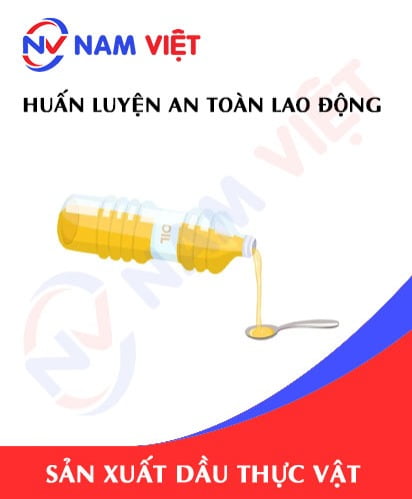
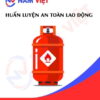

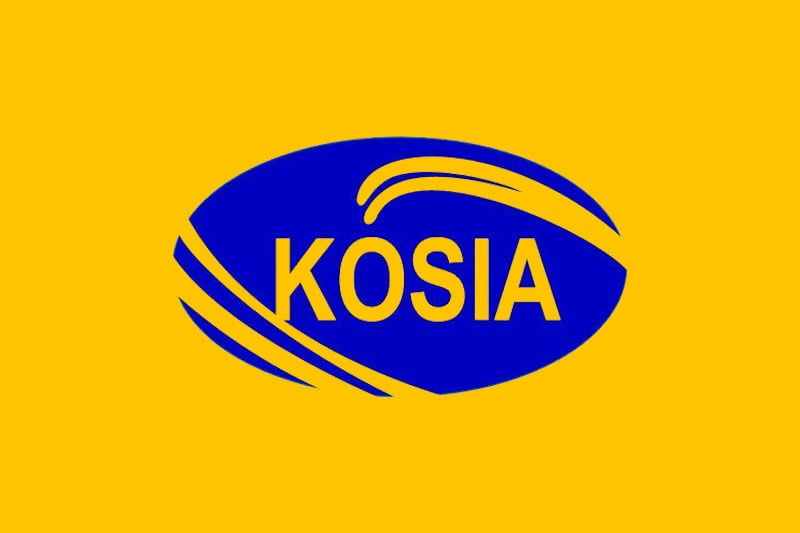
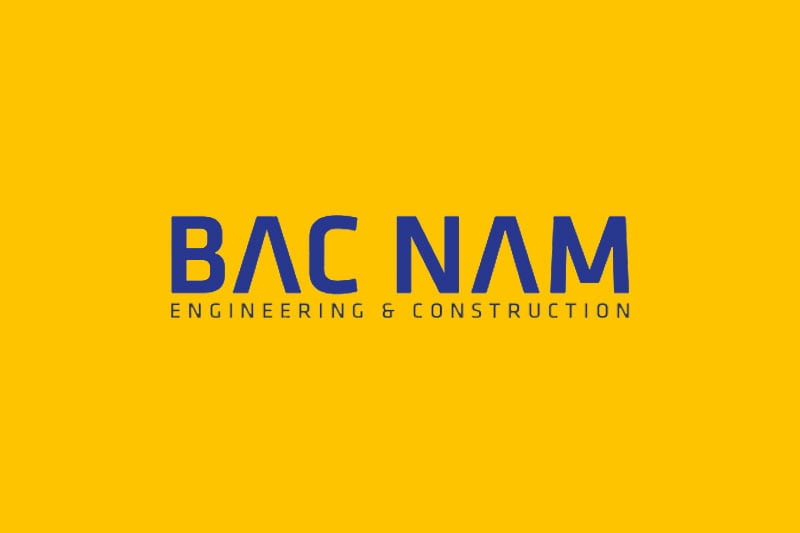
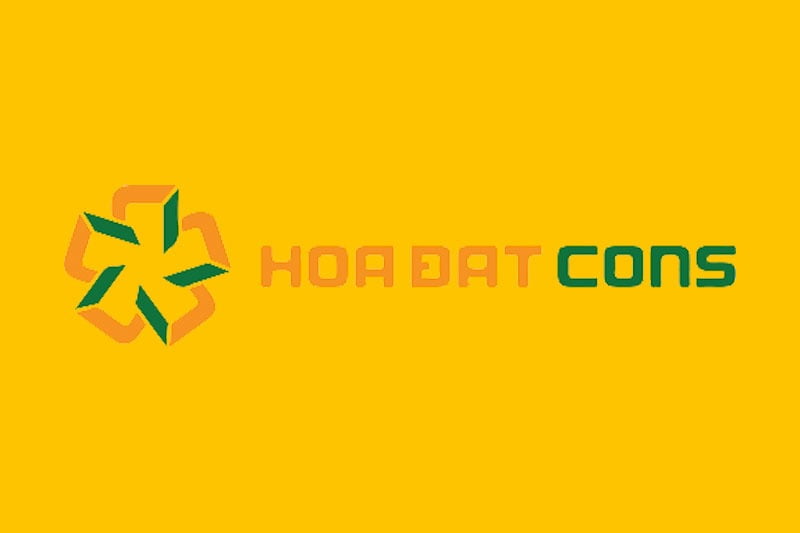
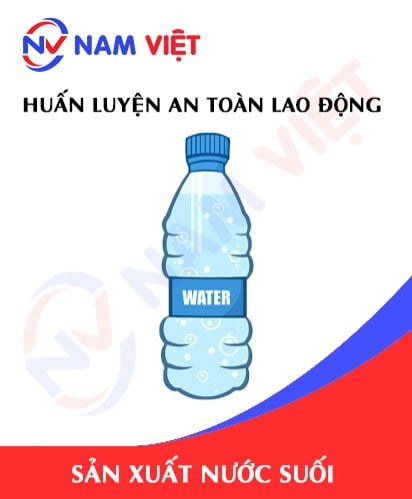
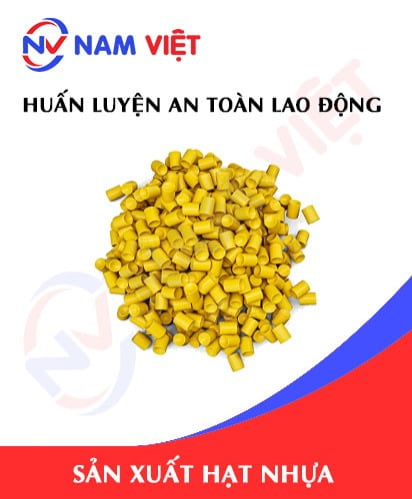
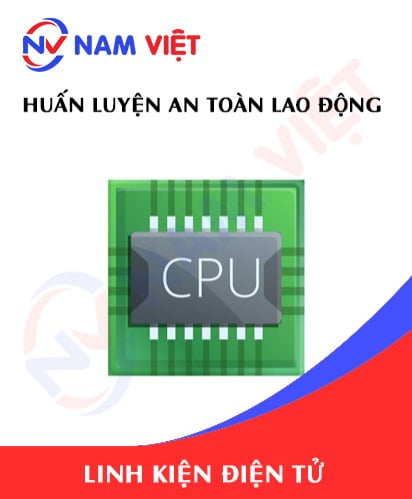
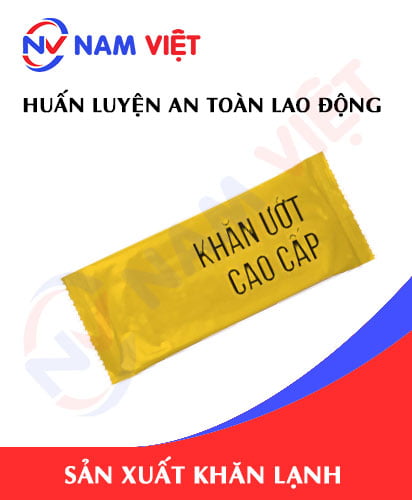
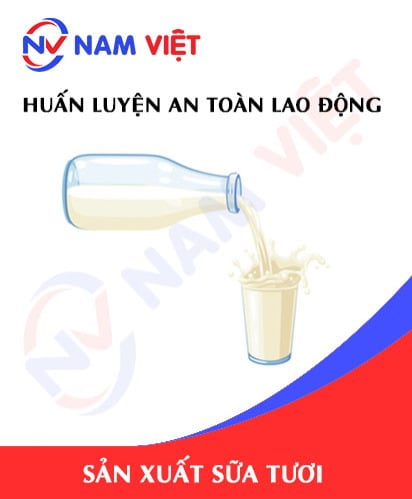
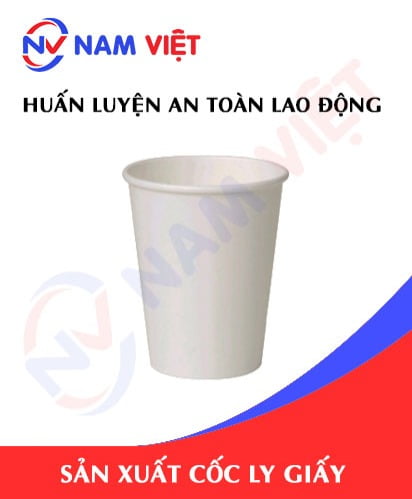
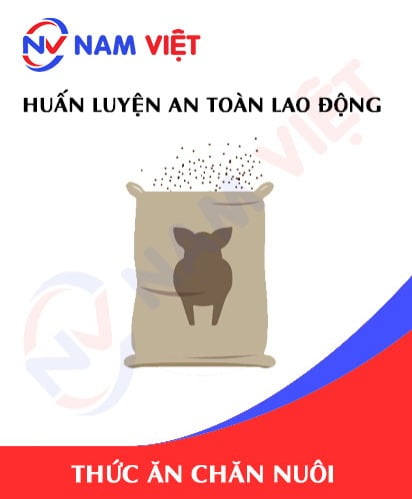
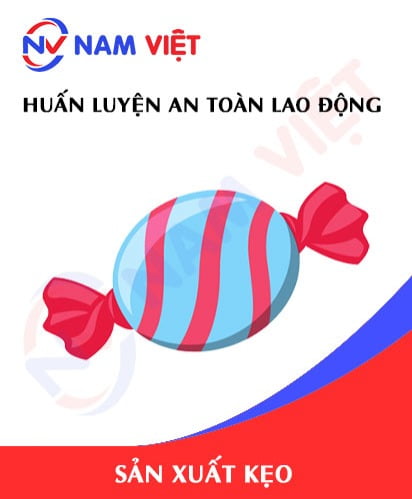
namchinh.haiphong341
Dịch vụ lắm nhé! tôi rất hài lòng với cách làm việc của trung tâm